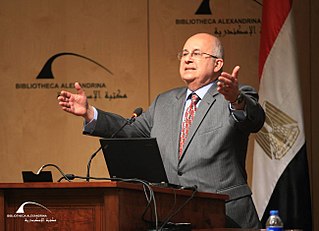A Quote by Jim Costa
Additionally, Smart Irrigation Month serves to recognize advances in irrigation technology and practices that produce not only more but also higher quality plants with less water.
Related Quotes
It takes 1,000 tons of water to produce 1 ton of grain. As water becomes scarce and countries are forced to divert irrigation water to cities and industry, they will import more grain. As they do so, water scarcity will be transmitted across national borders via the grain trade. Aquifer depletion is a largely invisible threat, but that does not make it any less real.
In future irrigation schemes, water drainage and removal systems should be budgeted from the start of the project. Unfortunately, adding such costs to the original project often will result in a poor return on investment. Society then will have to decide how much it is willing to subsidize new irrigation development.
In the Middle East, where populations are growing fast, the world is seeing the first collision between population growth and water supply at the regional level. For the first time in history, grain production is dropping in a geographic region with nothing in sight to arrest the decline. Each day now brings 10,000 more people to feed and less irrigation water with which to feed them.
































